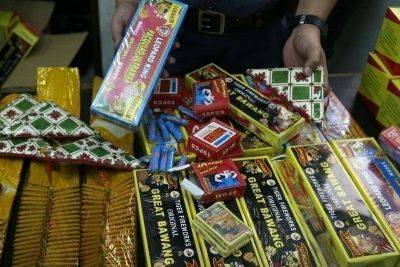‘Children of War’
I have read many books about the Philippines during the Second World War. This book “Children of War” by Joan Orendain (Vibal Foundation, Inc., 2023) is one of the most interesting, comprehensive and unique books I have ever read. The contents are actually narratives of memories of surviving the war by people who were children or teenagers during those years. The other unique feature of the book is that the children were primarily those from the upper class of that era.
Those familiar with the upper class families will certainly recognize the family names of those who contributed their memories to this book. For example, the story of the war’s beginnings was a wedding date on Dec. 8, 1941. Here is how the author described that day:
“All Manila’s elite among the insulares and peninsulares have prepared to attend the wedding of the heiress Concepcion Tuason Zaragoza to Jose Antonio Ortoll... The wedding date, unfortunately, was on 8 December 1941. Some invitees had heard early that morning of the bombing at Pearl Harbor and had stayed home. It was virtually only those living along Dewey Boulevard (Roxas Boulevard) – the Zobel sisters, Mercedes, Consuelo, Matilde and Gloria; their mother, Dona Fermina and their sister in law, Dona Angelita married to the dashing Jacobo Zobel – who walked to the exclusive Nunciatora Apostolica Chapel also on the Boulevard for the 8 a.m. ceremony. Others in attendance were the Sorianos, the Ortigases and the Roxases – a veritable roster of the Spanish elite, all living in the Ermita-Malate area.”
In her Preface, Orendain wrote about the struggle even these upper class families had to suffer during the Second World War.
For example, she wrote: “By the end of the war, we had nothing at all – no clothes, no food and no little treasures like a doll, or even a marble, or a slingshot because there was no rubber. Nothing. All we had was our memories – death stench; the hunger; the blood; the terrible sounds of bombs, grenades, artillery and bullets; the great fires; the odor of charred bodies and charred wood; and the eeriest sounds of all, the whistling of a bomb about to hit and the keening over the slain in its aftermath.”
The book is







